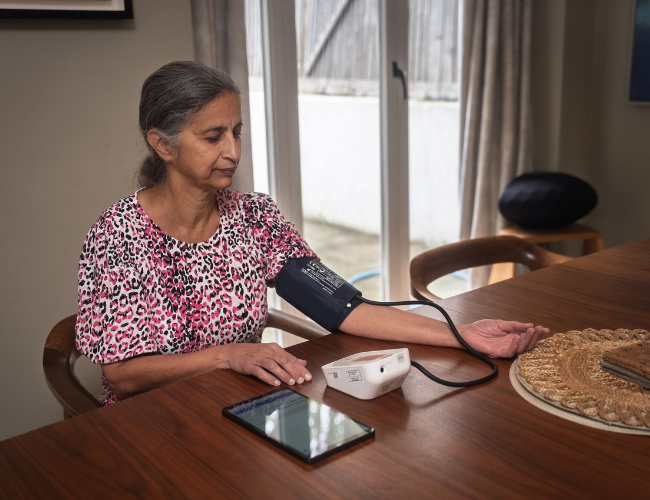The Government's chief medical officer, Professor Chris Whitty, and the former national medical director at NHS England, Professor Stephen Powis, have led the Medical Training Review to understand current challenges and identify key areas for potential improvements.
A comprehensive engagement exercise for the review generated more than 8,000 responses from doctors at all stages of their career, patients, and professional and regulatory bodies across the country, including more than 6,000 resident doctors.
The phase 1 diagnostic report identifies 11 recommendations, including four key priorities, needed to modernise medical training.
The four key priorities recommended by the report's authors are:
- Training must become more flexible
- We must build on excellence beyond formal training routes, including around the increasing role played by SAS and locally employed doctors
- Current training bottlenecks are damaging and must be addressed
- We need to rebuild inclusive team structures where doctors at every stage of training feel valued.
The next phase of the review will involve the medical royal colleges, postgraduate deans, the GMC, NHS England and the DHSC, as well as patient groups working together with doctors from all stages of training to design a package of reform.
Prof Powis said: 'We are extremely grateful to the many thousands who have participated in the first phase of the review, providing a substantial and wide-ranging response.
'We will now work to make those recommendations become a reality to improve the working lives of doctors and provide better care for patients.'
Prof Whitty added: 'This report sets out key areas where medical training is working well and where it isn't working well and needs reform.
'It is now for us as the medical profession to weigh up the trade-offs and put forward solutions to improve medical training and ensure the profession is fit for the future.'
The phase 1 Medical Training Review report is available here.
Reaction
Dr Jeanette Dickson, chair of the Academy of Medical Royal Colleges, said: 'We completely agree with the analysis provided by Professors Whitty and Powis. It is a great first step, and now we need to maintain the momentum and work together to provide solutions that tackle the underlying issues; supporting our resident colleagues to have a positive experience of training.'
Dr Alan Abraham, chair of the Academy Resident Doctors Committee at the Academy of Medical Royal College and co-chair of the Ophthalmologists in Training Group at the Royal College of Ophthalmologists, said: 'Although this is the first step towards a consensus, we must work together as a profession to develop solutions that both build on the best aspects of postgraduate training today, whilst also learning from its challenges too.'
Dr Deepthi Lavu, Royal College of General Practitioners GP registrar co-chair and resident doctor representative, said: 'The thousands who engaged with the review so far reflect the profession's strong desire for meaningful change and, more importantly, their willingness to actively contribute to shaping it.
'These recommendations mark a pivotal step towards long-awaited and much-needed reform driven by the profession itself.'
Professor Mumtaz Patel, RCP president, said: ‘This review offers us a once-in-a-generation opportunity to fundamentally improve how we train and retain the next generation of physicians.
'We urge the government to take forward these actions as soon as possible and look forward to engaging on a comprehensive and urgent reform of postgraduate medical education and training.'
Professor Subodh Dave, dean of the Royal College of Psychiatrists, said: 'We are pleased to see flexible training and inclusive team structures are key priorities and hope this will include educator development being formally recognised and incentivised. It is crucial that staff feel supported and valued throughout their training and beyond if we are to build a more effective and resilient NHS.'
Dr Zeeshan Arif, vice-chair of the Academy Resident Doctors Committee, said: 'It's encouraging to see the challenges facing our profession clearly acknowledged – from bottlenecks in training to the loss of supportive work environments, all of which diminish our future workforce.
'That being said, what matters now is maintaining this momentum and ensuring the next phase of this review delivers tangible improvement for future consultants and their patients.'



